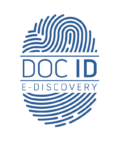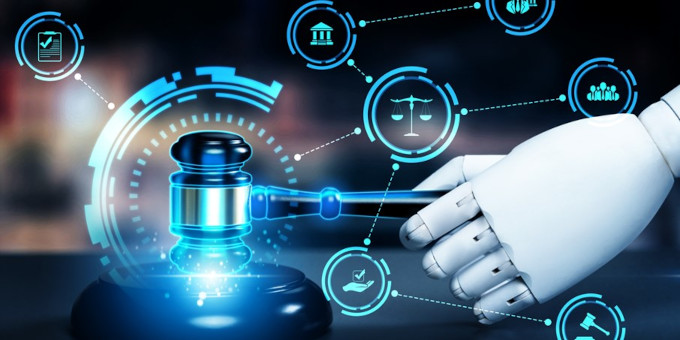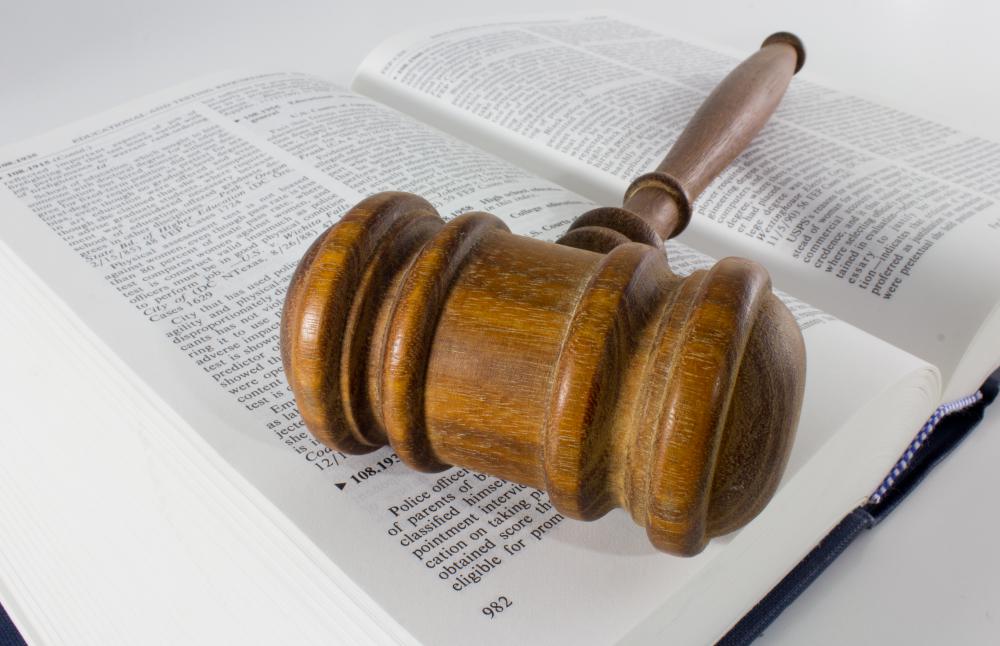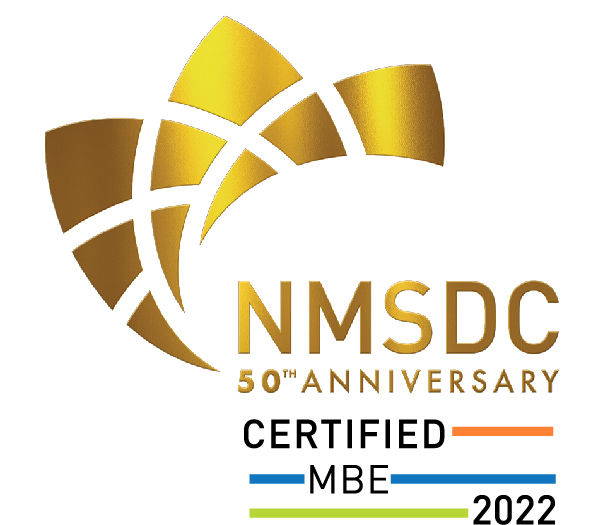by Cat Casey – Reveal Brainspace
7 Things I Wish Law School Taught About eDiscovery
In the distant year of 2003, Beyonce made her first solo album, the Lord of the Rings was playing in theaters, Wicked opened on Broadway, and yours truly started Law School.
Back then, legal educators and the legal industry in general had little cause to talk about electronic evidence and the Federal rules of Civil procedure had yet to be amended to include Electronically stored Information (ESI). In short, Law schools could be forgiven for not speaking about electronic discovery (eDiscovery) because it would not truly be born until 2006.
Nearly two decades later, I would love to say law schools have improved their coverage of all things eDiscovery. But sadly, many gaps remain to this day!
1) That eDiscovery Exist
Today, young lawyers are facing a fundamentally different legal profession. Whether a law student aspires to become a first year grinding out 80 hours weeks in a New York Law Firm or wants to hang a shingle as a solo practitioner, the real world facing young lawyers today is steeped in digital evidence and eDiscovery. And most Law Schools and law professors are failing these aspiring lawyers by not preparing them for the new digital reality of the practice of law.
With a few notable exceptions, most law schools relegate the discussion of eDiscovery to a few days of a Civil procedure class. The amendments are discussed, but the technology that powers eDiscovery is mentioned in passing at best. Given the amount of time the average first year associate is likely to spend in the depths of document review and wrestling with ESI, law school classes ought to include ones focused on eDiscovery. From motion practice to practical labs involving eDiscovery software, these practical courses are desperately needed.
2) That eDiscovery Can Make or Break a Case
Often covered as an afterthought or at best an elective that 3Ls might take if they are feeling techie, the true importance of eDiscovery is rarely clearly explained to aspiring lawyers in law school. The language of business today is data, and to zealously defend clients, young lawyers must be able to uncover key facts of a matter or evidence using eDiscovery tools.
Effectively being able to uncover key evidence during the pre-meet and confer stage of a case or before a preliminary meeting with a regulator can make a massive difference in case strategy and outcome.
3) The Risks of Bumbling eDiscovery
Playing ostrich when it comes to managing ESI and the eDiscovery process is a risky game of Russian roulette these days. The bench expects a certain level of technical competence when it comes to understanding what data to interrogate, what tools to use to drive efficiency and what motions to rely upon in the event of an error.
The recent Billion dollar mistake Alex Jones’s lawyers made with an inadvertent disclosure and failure to clap back, coupled with earlier examples of multimillion dollar sanctions and adverse inferences for poorly handled discovery and spoliation should be something every law student is warned about today.
4) Where to Find New Types of ESI
For legal professionals, one of the most critically important things is understanding the who, what, when, where, and why of their matter. In the era before the FRCP added an “E” to discovery this was straight forward, files and offsite storage.
Even the first nearly decade of eDiscovery had relatively few places where potentially relevant ESI might reside. Today that is far from the vase. The volume, variety and velocity of data is growing at a breakneck pace and practitioners need to know where to look!
Everything from bet the farm cases to family law has a wealth of digital evidence.
The main categories of ESI today are:
Email
Electronic documents (word, excel, etc.)
Cloud based document Repositories (G-suite, dropbox)
SMS/Text messages
Messaging apps (WhatsApp, WeChat, Facebook messenger)
Legacy Social Media (Facebook, Instagram, Twitter, LinkedIn)
New Social Media (TikTok, Snapchat, BeReal, Discord, Reddit)
Collaboration tools (Teams, Slack)
Video conferencing apps (Zoom, Skype, Teams)
Understanding the challenges and limitations of discovery in each of these types of electronic communication is critically important and can massively impact the cost and efficiency of a matter.
5) The eDiscovery Tools of the Trade
Since the inception of eDiscovery, there has been a reticence in many law schools to teach courses with hands on access to the technology being used to perform eDiscovery. CLE’s after graduation and certification can sometimes bridge that gap but having access earlier in legal education would be massively beneficial. webinars and seminars can help but are not a substitute for hands on access to the tools.
Understanding the processing software options, review platform options and various forms of analytics available would be a leg up for many young lawyers embarking on their legal careers.
6) Strategic eDiscovery
Several years ago, Drexel University Thomas R. Kline School of Law Dean Daniel Filler noted “I think part of the reason is they may not see the importance of e-discovery or see it as very—almost ironically—too practical.” Perhaps this outdated perception is due to be retired. The reality is that your eDiscovery posture can be a dynamic portion of your case strategy.
Savvy practitioners can leverage legal tech to mitigate concerns about proportionality and to have more informed ESI negotiations. I have even had large scale (billion dollar at stake) government investigations completely avoided by providing insights gained by leveraging AI and eDiscovery analytics on a data set before the formal investigation commenced.
7) Ethical Duty of Technical Competence
And finally, eDiscovery and legal technology is so ubiquitous now that the American Bar Association (ABA) and various state bars have come out with model rules dictating that lawyers possess a minimum level of technical competency.
ABA Model 1.1 recently added the following language: “to maintain the requisite knowledge and skill, a lawyer should keep abreast of changes in the law and its practice, including the benefits and risks associated with relevant technology, engage in continuing study and education and comply with all continuing legal education requirements to which the lawyer is subject.”
Pleading ignorance is not a defense and while lawyers may not need to learn to code, technical competence is now right up there with effective legal writing in terms of things aspiring attorneys need to understand.
As technology and digital communications continue to impact the practice of law, I could foresee a future where perhaps there are a handful of eDiscovery questions on the bar exam or perhaps even the LSAT exam. But for now, I would settle for law schools taking the lead from folks like Xavier Rodriguez of University of Texas Law School and Bill Hamilton of university of Florida law school and teaching this critically important skillset!








Leave A Comment